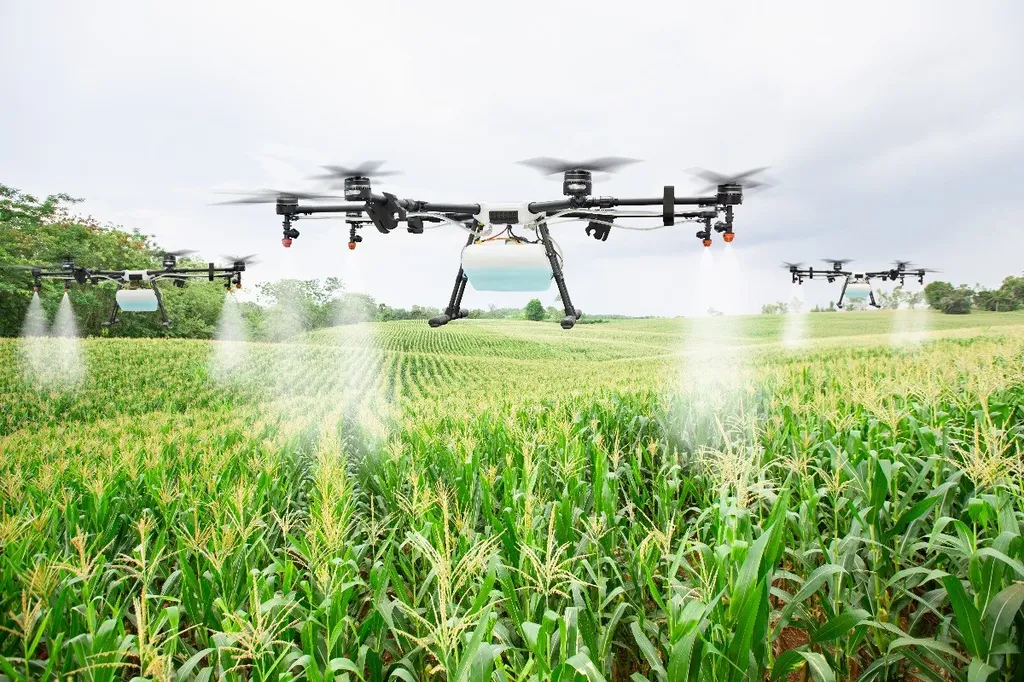In the heart of China, researchers have made a breakthrough that could revolutionize the way we think about agricultural inoculation and sustainability. Feng Shi, a leading scientist from the Engineering Research Center of Agricultural Microbiology Technology at Heilongjiang University, has developed a novel method for propagating arbuscular mycorrhizal fungi (AMF), a group of fungi crucial for agricultural production. The findings, published in the esteemed journal *Applied and Environmental Microbiology* (translated as “Applied and Environmental Microbiology”), could have significant implications for the energy sector and beyond.
The challenge of large-scale AMF inoculum production has long been a stumbling block for farmers and researchers alike. Traditional soil-based methods are time-consuming and often yield inconsistent results. However, Shi and his team have devised a monolayer mesh cultivation system employing a hydroponic approach, which significantly speeds up the propagation process. “The propagation cycle of our water culture inoculum (w-Ri) is just 35 days, compared to the 150-day cycle required for traditional soil-based inoculum (s-Ri),” Shi explains. This is a game-changer for the industry, as it allows for more efficient and consistent production of high-quality inoculum.
The benefits don’t stop there. The team’s comparative analysis revealed that the spore density, viability, and purity of the w-Ri inoculum are significantly higher than those of the s-Ri inoculum. “The spore density of w-Ri is 5.25 times higher, and its viability and purity are 1.09 times and 1.26 times higher, respectively,” Shi adds. This means that farmers can expect better results with less inoculum, reducing both cost and environmental impact.
The research also demonstrated that w-Ri inoculants are just as effective as s-Ri inoculants in enhancing rice biomass, root morphology, and photosynthesis. In fact, w-Ri inoculants require only 10% of the application rate of s-Ri inoculants to achieve the same results. This is a significant finding for the energy sector, as it could lead to more sustainable and efficient agricultural practices.
The implications of this research are far-reaching. As the world grapples with the challenges of climate change and food security, innovative solutions like Shi’s monolayer mesh cultivation system could play a crucial role in shaping the future of agriculture. By making AMF inoculation more efficient and accessible, we can help farmers increase yields and reduce environmental impact, ultimately contributing to a more sustainable and secure food supply.
Shi’s work is a testament to the power of innovation and the potential of agricultural technology to drive positive change. As we look to the future, it’s clear that research like this will be instrumental in shaping a more sustainable and resilient world. The findings published in *Applied and Environmental Microbiology* (translated as “Applied and Environmental Microbiology”) are a significant step forward in this journey, and we can only imagine the possibilities that lie ahead.

